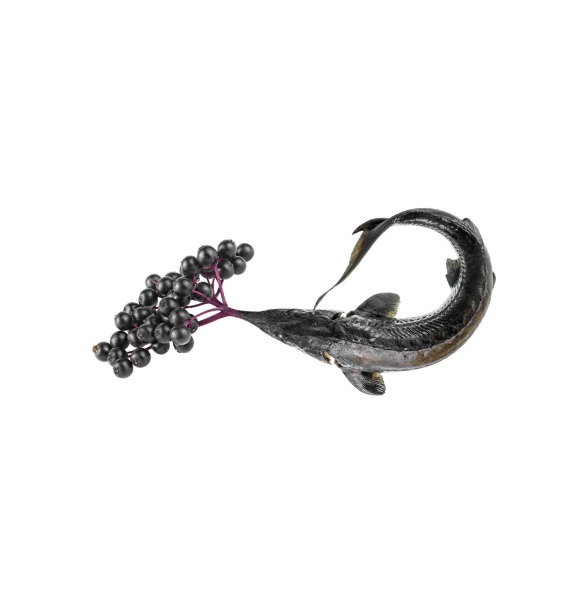Interview
Juan Sebastián Pérez: "Substance is more important than pretension"
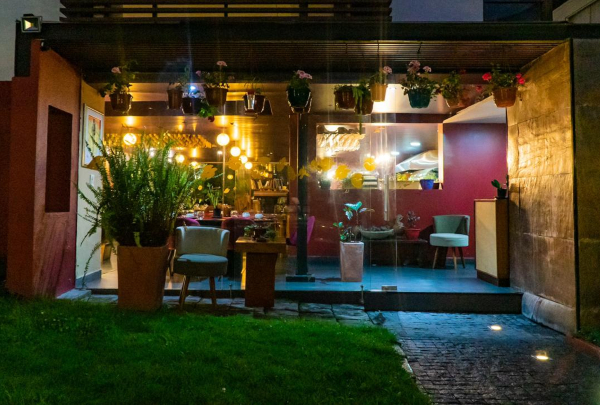
Pérez has become a beacon for the culinary identity of his country by recovering Ecuador’s culinary heritage.
Although he experienced failure when he was very young, he didn’t allow the circumstances to stop him and was able to use the mishap to propel his career in the right direction: to success. Today, Juan Sebastián Pérez is at the helm of Quitu, the restaurant from which he promotes the biodiversity and the wealth of produce of his homeland, Ecuador, as well as his work with small-scale farmers and producers. He sets a fine example.
What will you discuss during your talk at Madrid Fusión?
We’ll look at the identity of Ecuadorian cooking and examine our pantry in a modern and personal way that is inspired by the work of small-scale farmers.
How would you define the way you cook at the moment?
Local, Ecuadorian cuisine, whose cornerstone is produce from the Andes.
It hasn’t always been like that ... In 2014, there was an evolution towards a more local-based cuisine, using produce from one’s surroundings that was supplied by small-scale farmers and producers. How did that process come about? What was the turning point for this new angle?
Quitu opened with this idea in mind in 2015 after having explored the local and international worlds of food and beverage. It was motivated by the satisfaction of being able to have an impact on our producers and diners but, above all, by the need to form a community that would be proud of this and advance hand in hand with Ecuador’s identity.
You set up your first restaurant when you were very young, aged 22, and the second one, just a few years later. Neither took the path you expected. What happened? Was this lesson the driving force behind the evolution of your cuisine?
When very young, a cook is 100% emotional, almost visceral, I’d say − filled with impulses, passion and reactions... Over time, you learn from the people around you and come to realise that the only non-renewable resource is time.
I think I’ve always had dreams but couldn’t find anyone who could bring them down to earth; then the fuel ran out and I couldn't fly any longer so had to crash land (all this without compromising what was offered to diners).
The book Alinea rekindled your desire to cook...
Grant Achatz offers groundbreaking culinary ideas based on his mindfulness and ability to ‘feel’, and that made me fall in love again. For me, Alinea is a handbook for experimenting with ingredients and emotions and understanding that the sky is the limit.
Would ‘resilience’ be the word that has marked your professional career?
Yes, resilience shaped by faith, perseverance, discipline, patience, loving what I do, and mindfulness.
You say you believe in innovation that is laden with history and not in creativity without roots. Has avant-garde cuisine brought a lot of creativity without roots?
Avant-garde cuisine has been copied a lot and that’s where its lack of roots lies. I’ll never forget what Jacques Maximin said, ‘creativity is not copying.’ To create we need time and sources of inspiration. That’s the way to do it.
At a talk, you once commented that you had stopped measuring your own success against the achievements of others. What did you mean exactly?
It means that there are no cooks superior to others, our own benchmark is measured against our ability to evolve and learn, and not by the achievements of our colleagues. That way, they also become a source of inspiration or study.
You’ve been researching and compiling age-old recipes for ten years in order to − and I quote you − ‘create fair-trade partnerships with the country’s agricultural and fishing communities.’
I discovered the true cuisine of Ecuador travelling within my own country: eating, cooking with farmers and fishermen, but above all understanding the effort they make to farm and catch the produce we put on our tables every day.
That’s what made me see that all these foods have an intrinsic emotional and affective weight that can be transmuted into identity and belonging.
So, the goal was to bring all these farmers and producers and sit them around a table at the restaurant so they could enjoy the fruits of their labour and vice versa – to ensure that consumers appreciated the effort made by these farmers and producers.
And lastly, how is the restaurant industry in Ecuador dealing with Covid?
In Ecuador, when it comes to hotels, bars and restaurants, we’ve got really alarming unemployment figures and very low incomes. However, we are not in a desperate situation yet: I believe we are an optimistic, determined and supportive society; we are shining a light on what is local and making the most of our country’s diversity when it comes to ingredients. We’re creating new distribution networks for produce, and offering small-scale farmers and producers better conditions by ensuring that their produce reaches many homes via take-out delivery or baskets of organic ingredients.
The businesses that are surviving this crisis have understood that substance is more important than pretension; they have managed to lower operating costs in order to be more sustainable. Some of these are in small, modest inexpensive places, while others have proactive staff that have internalised the challenge of working in an effective and efficient way that is more profitable than before.
And then, there are those of us who are convinced that this industry is best experienced from the food angle and not from the physical spaces where luxury restaurants are located, and which, in search of financial gain, brutally deplete nature and also treat their workforce badly.
Businesses that are able to work to serve, serve to produce. Those who want to sell and then resell food are pushed out by the supermarkets.

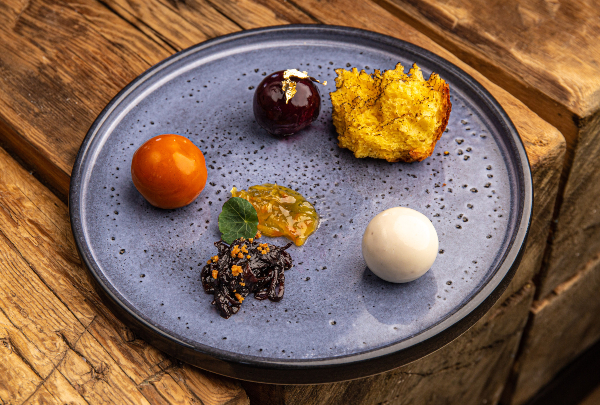
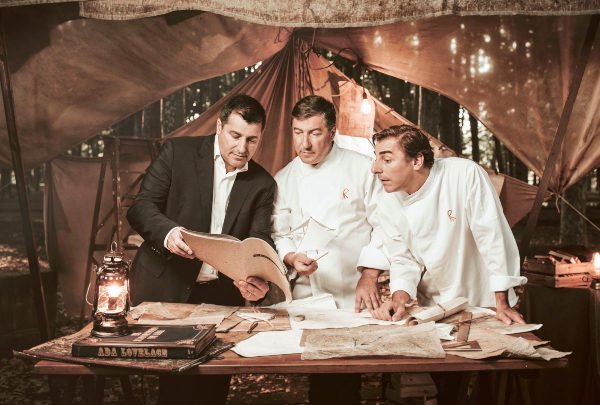
 600x405.jpg)

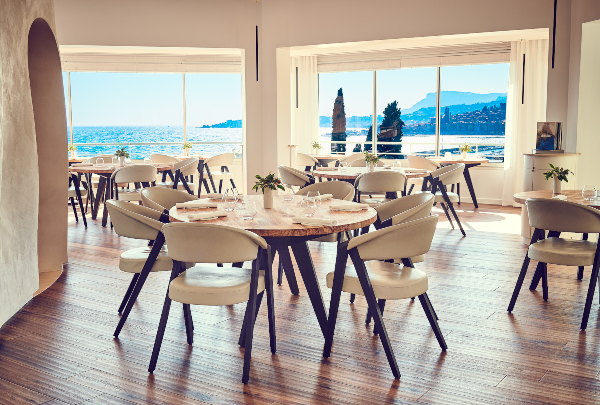
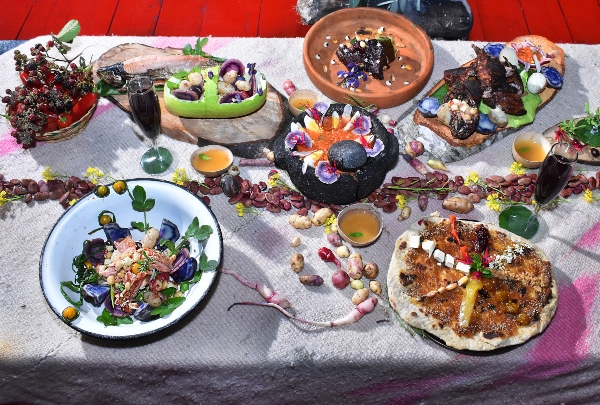
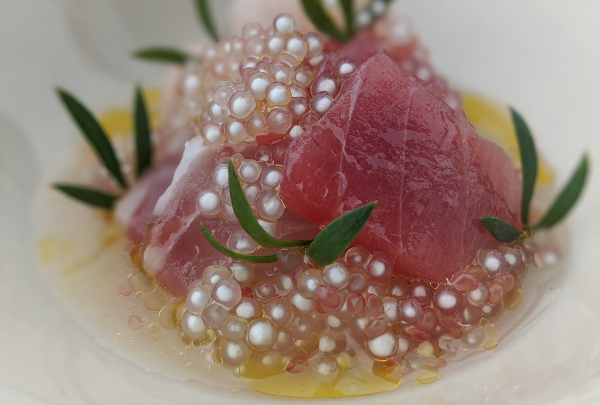
600x405.jpg)
.jpg)
.jpg)
